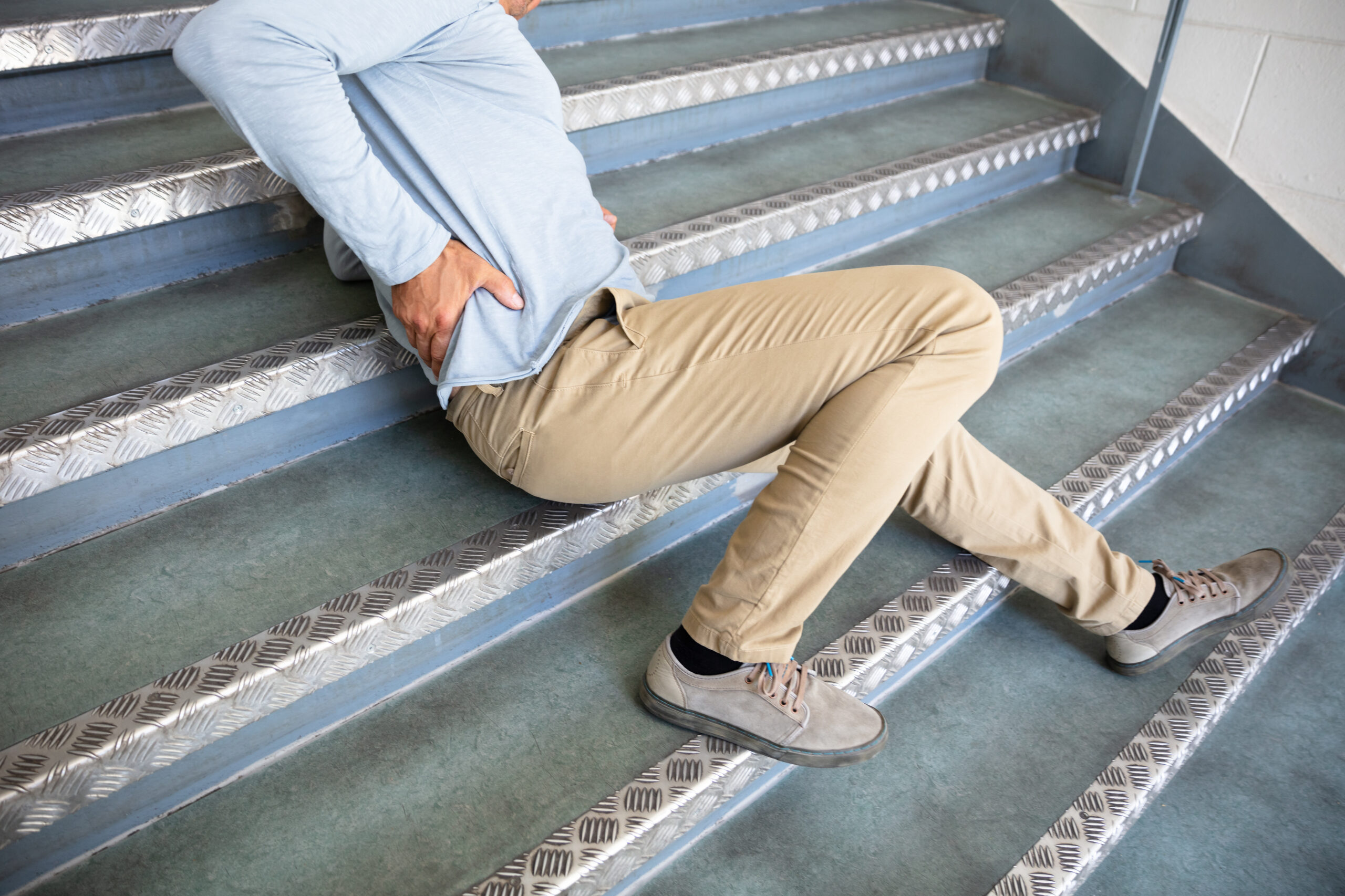Slip and fall accidents are common and can happen to anyone. However, the severity of the injuries can vary from minor bruises to serious head injuries or even death. If you’ve suffered a slip and fall accident in Virginia, you may be wondering if you can sue for your injuries.
The answer is, it depends on the circumstances of your case. Virginia law allows individuals who have been injured in a slip and fall accident to file a personal injury lawsuit against the property owner or manager if they can prove that their injuries were a result of the owner’s negligence.
they can prove that their injuries were a result of the owner’s negligence.
Proving negligence in slip and fall cases can be challenging, as the burden of proof lies with the injured party. To prove negligence, you must establish that the property owner or manager had a duty to ensure your safety, breached that duty and that breach directly caused your injuries.
In Virginia, property owners have a duty to keep their premises reasonably safe and free from hazards that could cause harm to visitors. However, property owners are not automatically liable for injuries that occur on their property. The plaintiff must show that the property owner knew or should have known about the hazard that caused the slip and fall accident and failed to take reasonable steps to address it.
For example, if you slipped and fell on a wet floor in a grocery store, you would need to show that the store knew or should have known about the wet floor and failed to clean it up or warn customers of the hazard. If the store had a policy of regularly inspecting and cleaning the floors, but an employee missed a spot, it may be difficult to prove negligence.
It’s important to note that Virginia follows a contributory negligence rule, which means that if the plaintiff is found to be even slightly at fault for their injuries, they may be barred from recovering any compensation. For example, if you were texting and not paying attention to where you were walking and slipped on a wet floor, you may be found partially responsible for your injuries.
If you believe you have a case for a slip and fall injury in Virginia, it’s essential to contact an experienced personal injury attorney as soon as possible. They can help you gather evidence, determine liability, and pursue compensation for your injuries, including medical expenses, lost wages, and pain and suffering.
Additionally, it’s crucial to seek medical attention immediately after a slip and fall accident, even if you don’t feel injured. Some injuries, such as concussions or internal bleeding, may not show symptoms right away but can have serious long-term consequences.
If you do decide to pursue a personal injury lawsuit for a slip and fall injury, your attorney will likely recommend that you document everything related to the accident. This includes taking photos of the hazard that caused your fall, getting contact information from any witnesses, and keeping track of all medical expenses and lost wages related to your injury.
It’s also important to be aware of Virginia’s statute of limitations for personal injury lawsuits. In Virginia, you generally have two years from the date of the accident to file a lawsuit. If you miss this deadline, you may be barred from recovering compensation for your injuries.
If you’ve suffered a slip and fall injury in Virginia, you may have grounds to file a personal injury lawsuit if you can prove that the property owner or manager was negligent. Proving negligence can be challenging, and Virginia’s contributory negligence rule can make it difficult to recover compensation. However, working with an experienced personal injury attorney can help you navigate these challenges and increase your chances of a successful outcome.
As a personal injury law firm with experience helping clients with slip and fall injury cases in Virginia, we can offer valuable assistance in several ways. Firstly, we provide a free consultation to discuss your case and evaluate your legal options. During this consultation, we can assess the strengths and weaknesses of your case and provide you with an understanding of the legal process.
Additionally, we have a team of experienced investigators who can gather evidence related to your slip and fall injury case. We can collect witness statements, take photographs, and obtain video footage to build a strong case on your behalf. We can also negotiate with insurance companies to obtain the best possible settlement for your case, and if necessary, we are prepared to take your case to court.
We understand that slip and fall injury cases can be overwhelming, and we strive to keep our clients informed throughout the legal process. We are available to answer any questions or concerns that may arise and provide clear communication every step of the way.
If you’ve suffered a slip and fall injury in Virginia, we can help ensure that your legal rights are protected and that you have the best chance of recovering the compensation you deserve. Contacting our law firm can provide you with the valuable assistance you need to navigate this challenging legal process.
